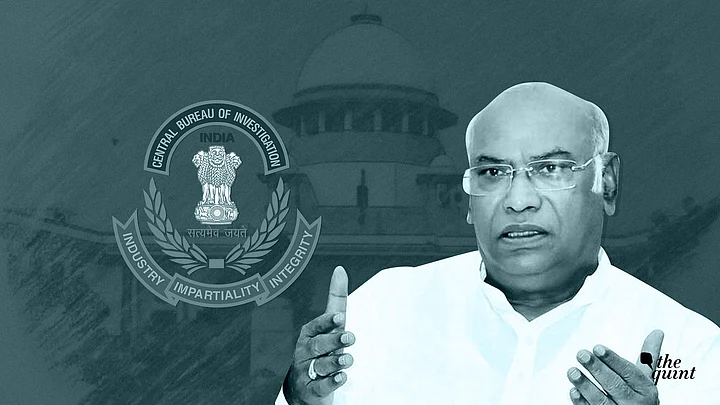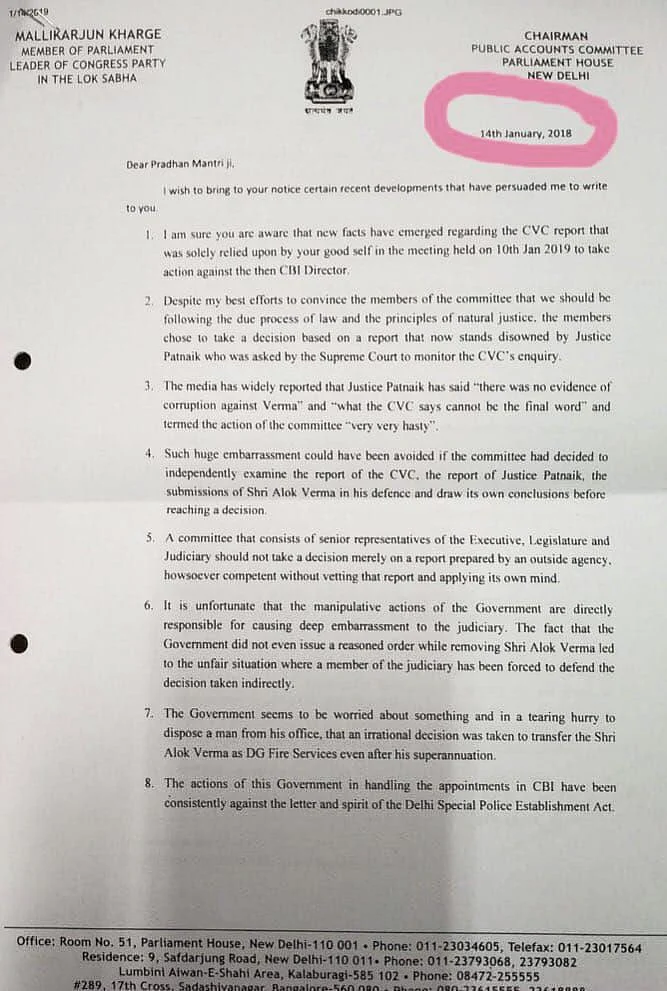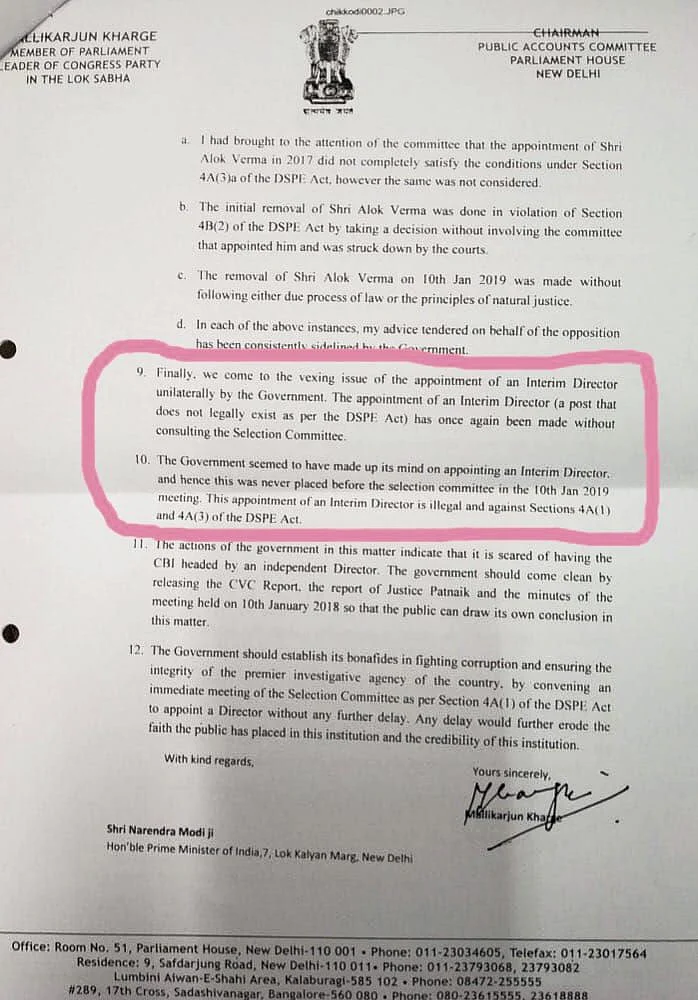The aftershocks of the CBI vs CBI saga continues to rumble on, after it appears that the Modi government may have misled the Supreme Court regarding the appointment of M Nageshwar Rao as interim director of the CBI.
Rao had been appointed as interim director on 10 January, on the same day the High Powered Committee had directed the removal of former director Alok Verma. The appointment of the interim director was challenged by NGO Common Cause and RTI activist Anjali Bharadwaj in the Supreme Court, which conducted a hearing on Friday, 1 February.
Even before the first hearing, the case had attracted controversy after CJI Ranjan Gogoi, Justice AK Sikri and then Justice NV Ramana had recused themselves from it. While the first two judges had recused themselves because they had heard Alok Verma’s petition and been part of the High Powered Committee respectively, Justice Ramana recused himself because he knew Rao and had attended his daughter’s wedding.
The challenge to Nageshwar Rao’s appointment was finally listed before Justice Arun Mishra and Justice Navin Sinha on Friday. The judges questioned the Central Government (represented by Attorney General KK Venugopal) on why a new director had not yet been appointed, and noted that the appointment of an interim director was only meant to be on an ad hoc basis.
Conflicting Versions: Attorney-General vs Mallikarjun Kharge
During the proceedings, the Attorney-General claimed that when the High Powered Committee met on 10 January, they had accepted the appointment of Nageshwar Rao as interim director. As proof of this, Venugopal handed over the minutes of the Committee’s meeting to the bench in a sealed cover – no copy was provided to the petitioners.
This version of events has been contested by senior advocate Prashant Bhushan (who is arguing the challenge in the apex court) on the basis of the comments of Committee member Mallikarjun Kharge.
The High Powered Committee
The High Powered Committee is of course the special committee required under Section 4A(1) of the Delhi Special Police Establishment Act for appointment of the CBI director. The Committee is supposed to be comprised of the Prime Minister, the Chief Justice of India, and the Leader of the Opposition (or leader of the largest opposition party). As those following the Alok Verma case will remember, a CBI director can also only be transferred with the previous consent of the committee.
The Committee which decided to remove Verma and supposedly agreed to appoint Nageshwar Rao as interim director, was comprised of PM Narendra Modi, Justice AK Sikri (since CJI Gogoi had been hearing Verma’s case in court) and Congress MP Mallikarjun Kharge.
Kharge’s Letter Says Committee Never Discussed Interim Director’s Appointment
On 14 January, Kharge had sent a letter to the Prime Minister asking for the government to make the minutes of the Committee’s meeting on 10 January public. The Quint has accessed a copy of this letter.
In the letter, Kharge clearly mentions in para 9 that the appointment of the interim director was made without consulting the Committee. More damningly, he then goes on to say in para 10 that:
“The Government seemed to have made up its mind on appointing an Interim Director and hence this was never placed before the selection committee in the 10th Jan 2019 meeting. The appointment of an Interim Director is illegal and against Sections 4A(1) and 4A(3) of the DSPE Act.”Para 10 of Kharge’s letter (emphasis supplied)
This directly contradicts the position taken by the Attorney-General in the Supreme Court since Kharge has categorically stated that the Committee didn’t discuss the appointment of an interim director.
Who’s Telling The Truth?
At this point, we cannot entirely be sure whose version is correct. Kharge wrote to the Prime Minister long before the statement by the Attorney-General, and interestingly, he had asked at the outset for the minutes of the Committee’s meeting to be made public.
Venugopal’s version to the court has come much later, and cannot be verified since he provided the supposed minutes in a sealed cover. As we have recently seen in the Rafale and Alok Verma cases, when documents are provided in a sealed cover, this presupposes any chance of transparency or verification.
As the CAG Report controversy in the Rafale case demonstrated, this can also lead to either the government misleading the court, or the judges misinterpreting the secret information.
The truth of the matter can only be known through access to the required information.
There is an urgent need for the government to make the minutes of the Committee’s meeting public, or for the Supreme Court to provide a copy of the minutes to the petitioners in the case before them. Failure to do so will mean yet another blow to the credibility of our institutions, and will look like a clear attempt by the government to mislead the Supreme Court and the public.
The case will next be heard on 6 February, by when a decision on the new CBI director is supposed to have been made by the Committee – or so the Attorney-General assured the apex court.


